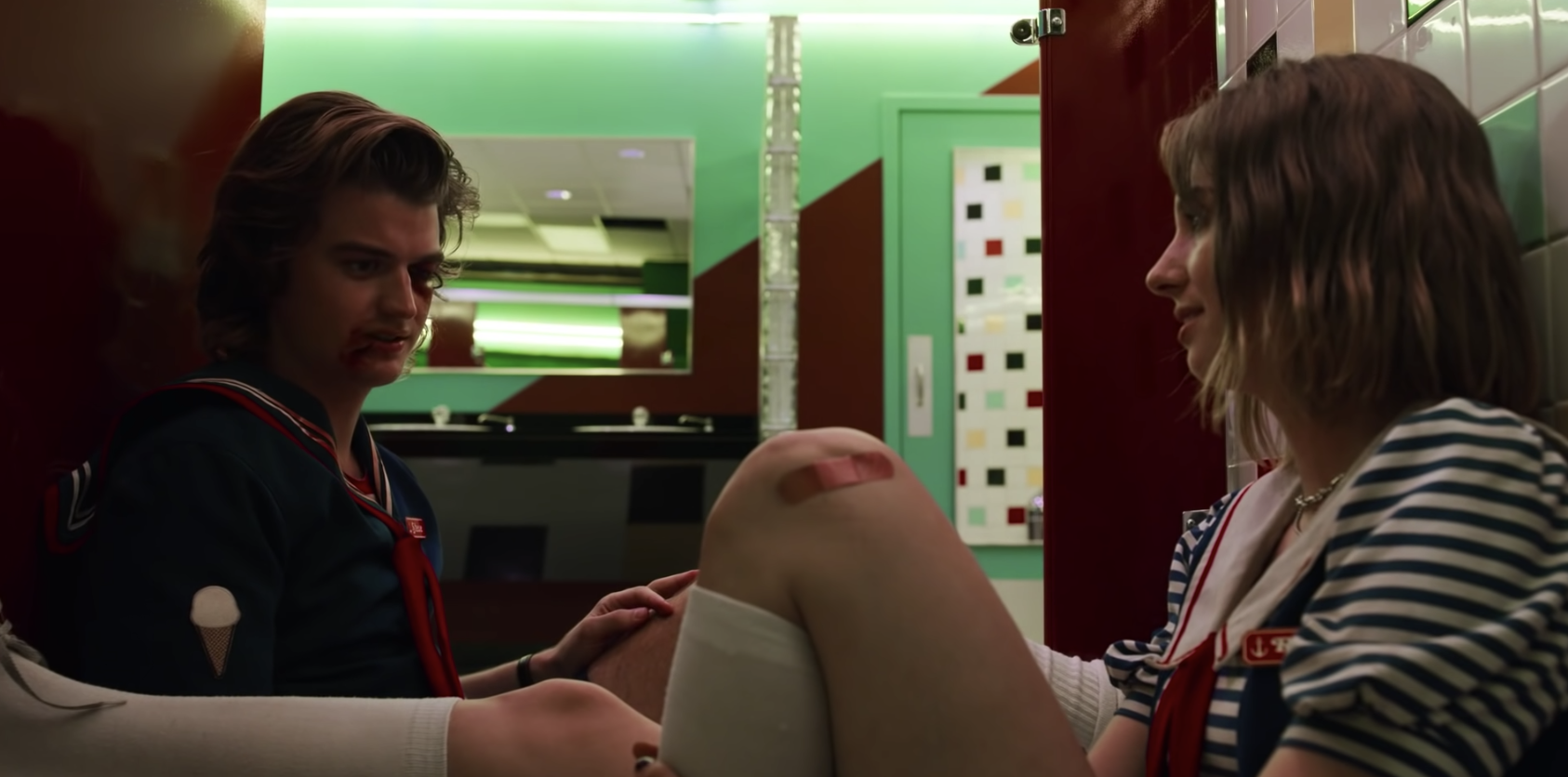Will Byers’ sexuality has been subject to scrutiny throughout all four seasons of Stranger Things; it's been heavily implied throughout the Netflix show that the teenager is gay.
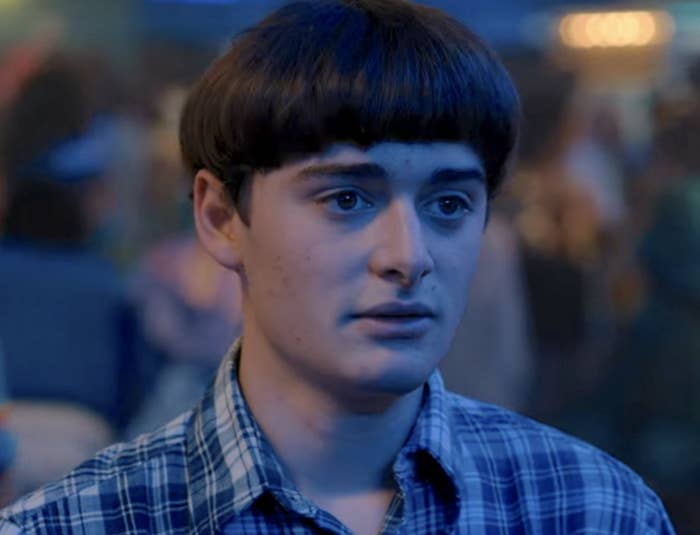
In fact, in the very first episode of Season 1, Will’s mom, Joyce, tells Chief of Police Jim Hopper that Will’s dad “used to say [Will] was queer” and call him slurs.
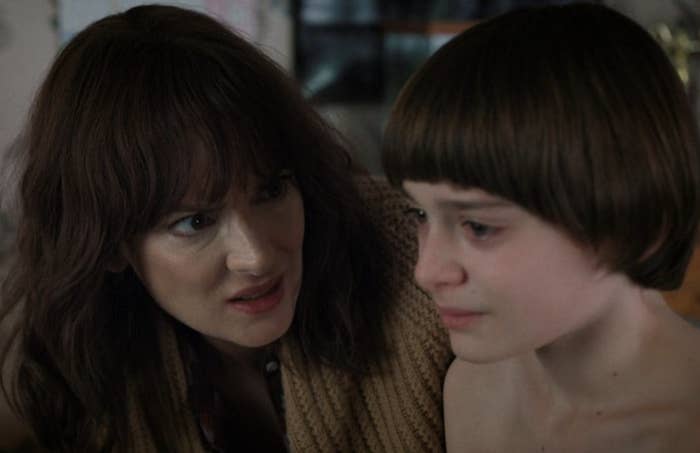
As the show has progressed, so have the hints — with all of Will’s close friends going on to have heterosexual relationships over the course of the series.
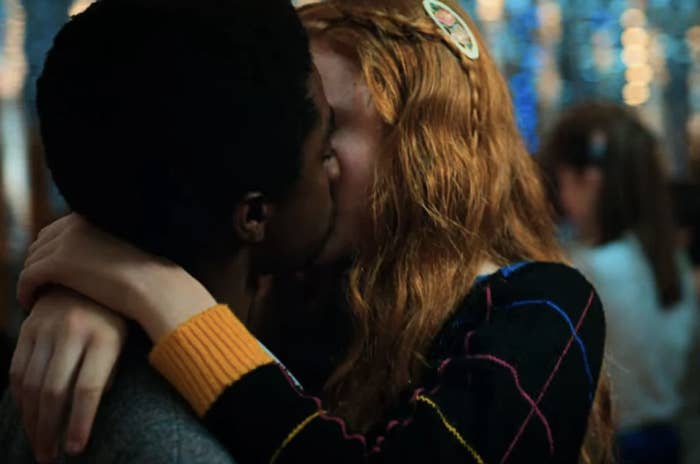
However, Will has remained single, and in Season 3 Mike even said to him: “It’s not my fault that you don’t like girls.”
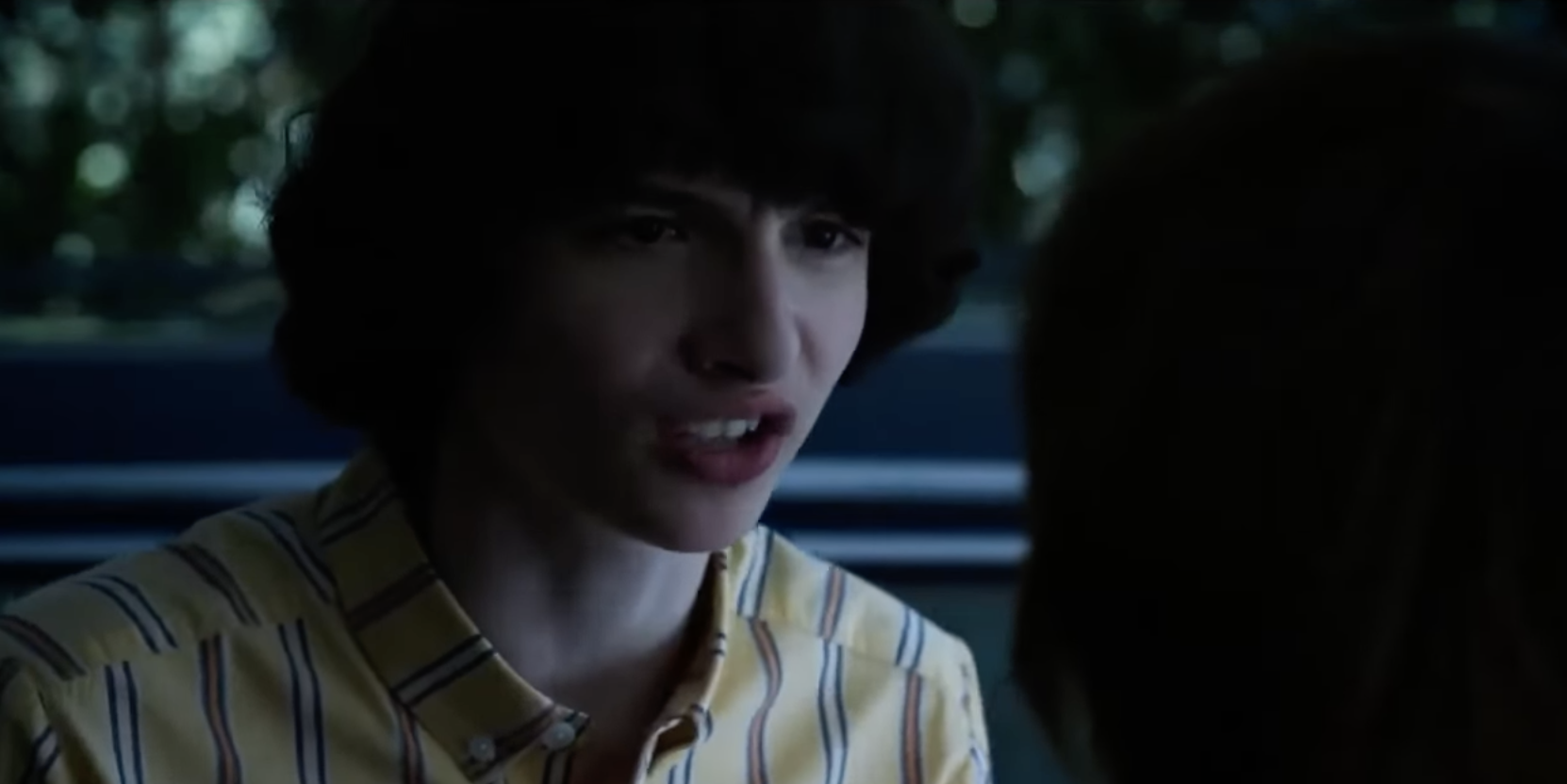
Finn Wolfhard, who plays Mike, previously admitted that he had no idea whether that line was explicitly about Will’s sexuality or just a more general comment about his lack of interest in dating.
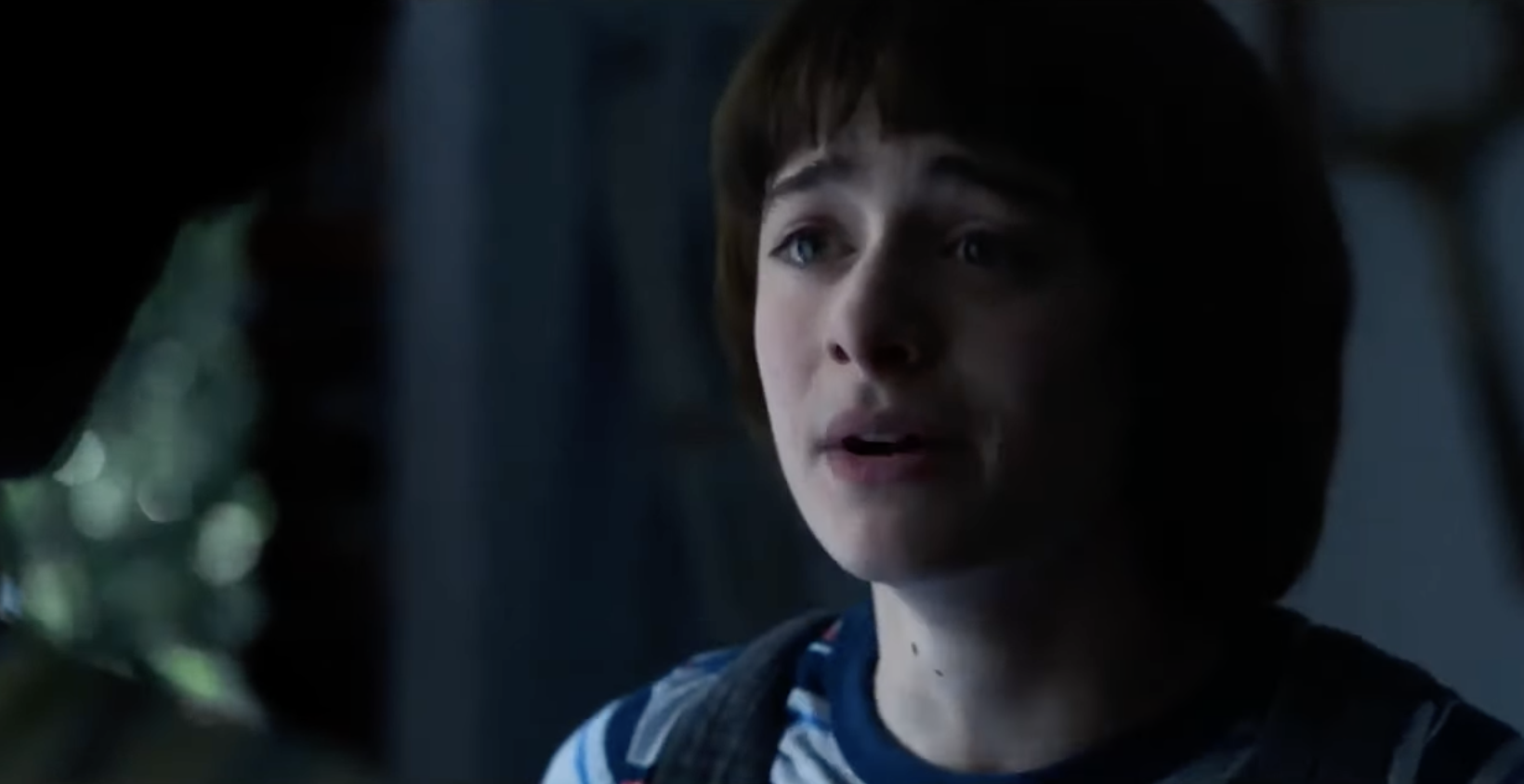
“I don’t even know if it had to do with Will’s sexuality," he said in 2019. “I think Mike was just mad and listing off a genuine fact that he’s not interested. So, I guess we’ll see what it really meant, but it’s all up to [showunners] the Duffers and what they want to do.”
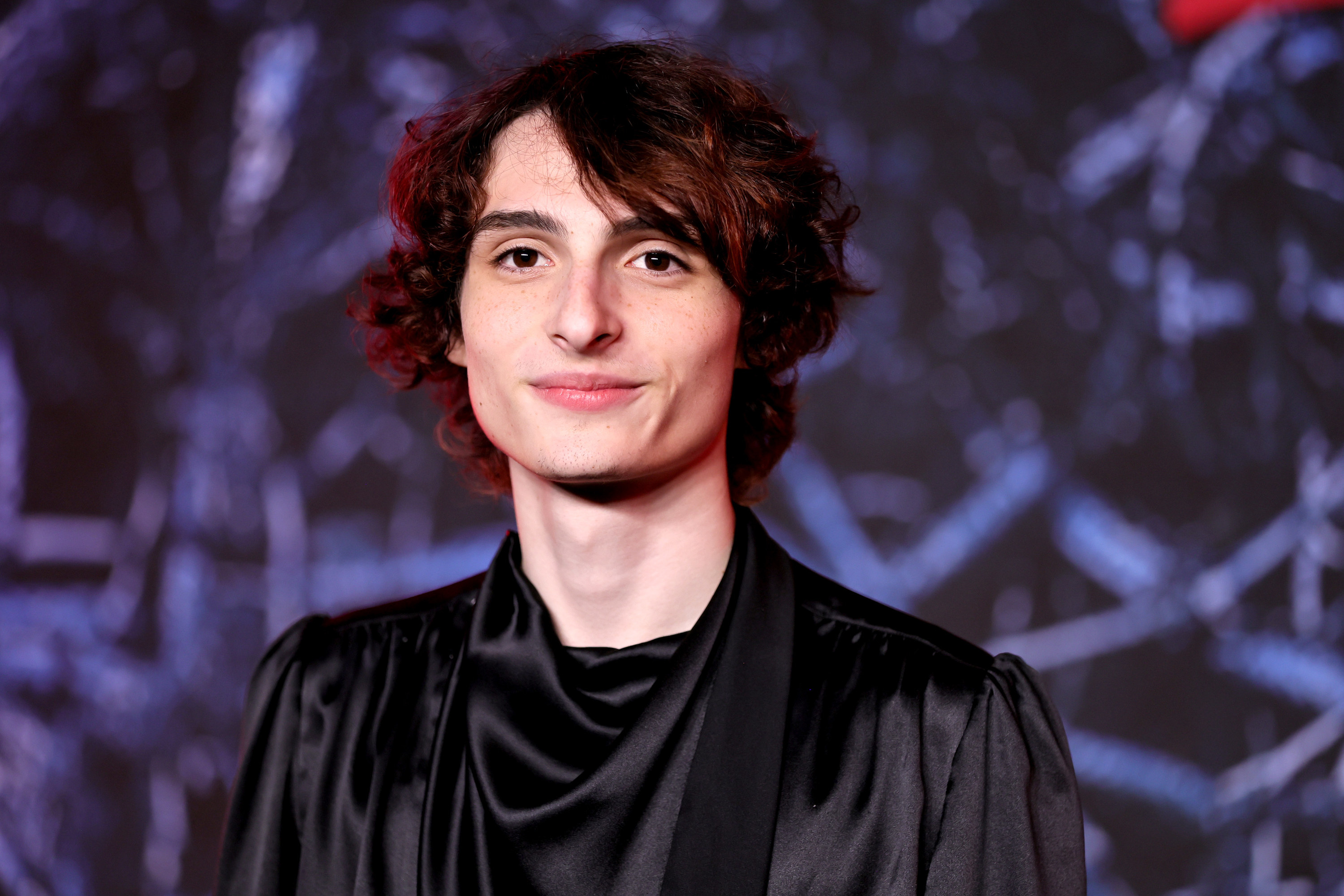
And the tension between Will and Mike has spawned a popular fan theory that Will is secretly in love with his best friend, which seemingly came to a head in the most recent season.
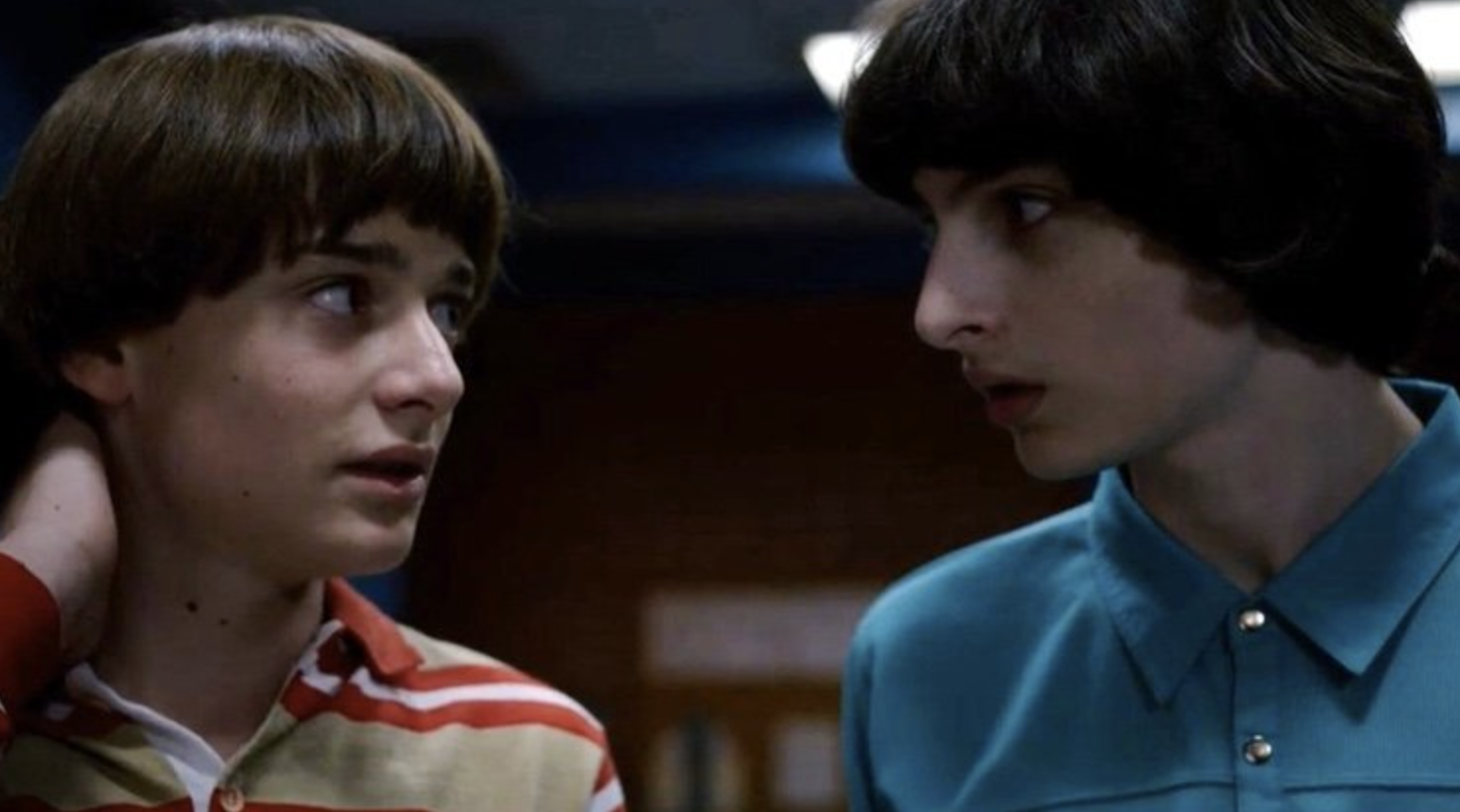
In fact, viewers believe that Will was actually confessing his own feelings under the guise of speaking about Eleven in an emotional Season 4 scene.
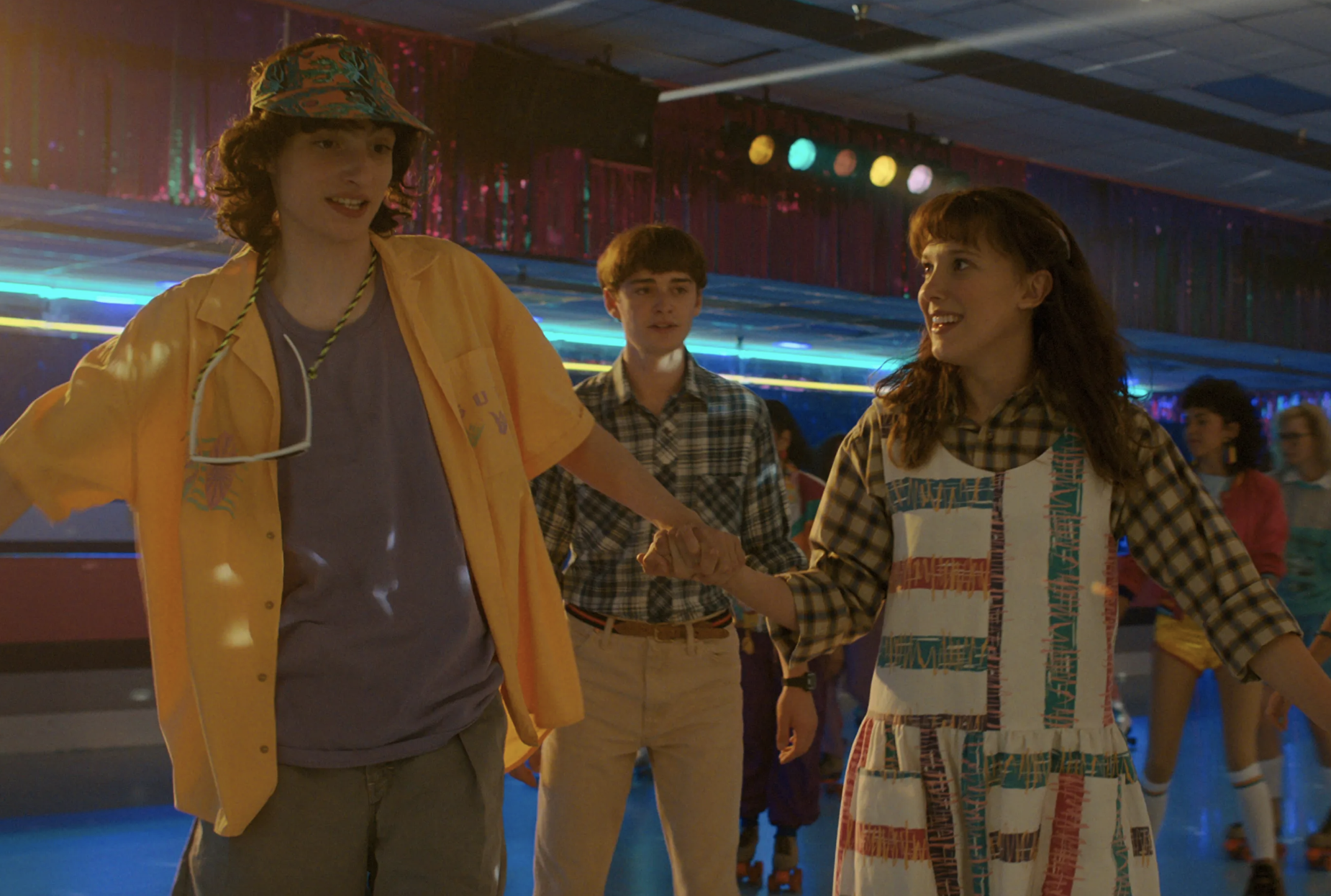
He turned his face away from Mike as he said: “These last few months she’s been so lost without you. She’s so different from other people... And when you’re different, sometimes you feel like a mistake,” before bursting into stifled tears.
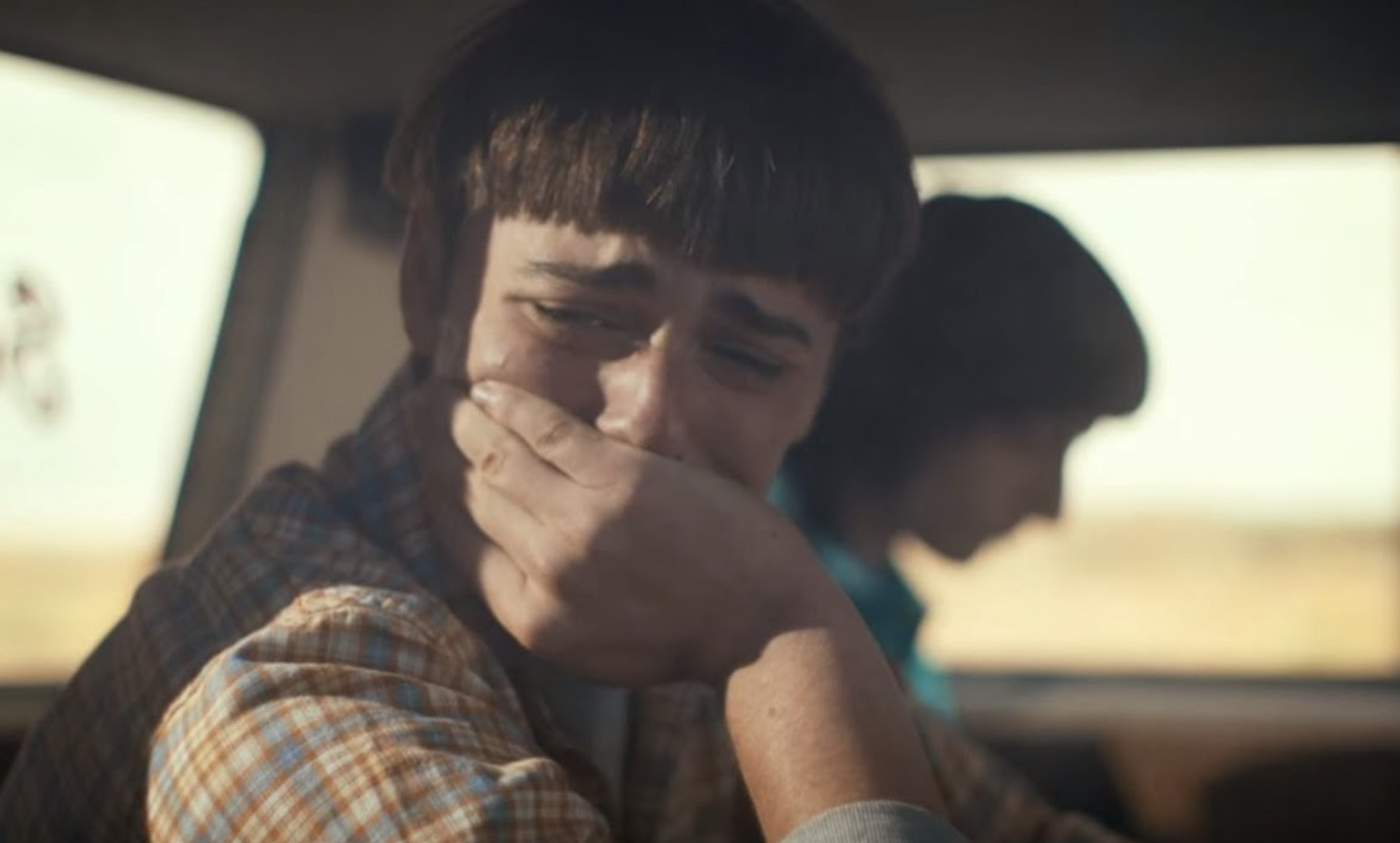
Earlier this year, Noah Schnapp — who plays Will — said that the “beauty” of his character’s journey is the way that it is left to interpretation.
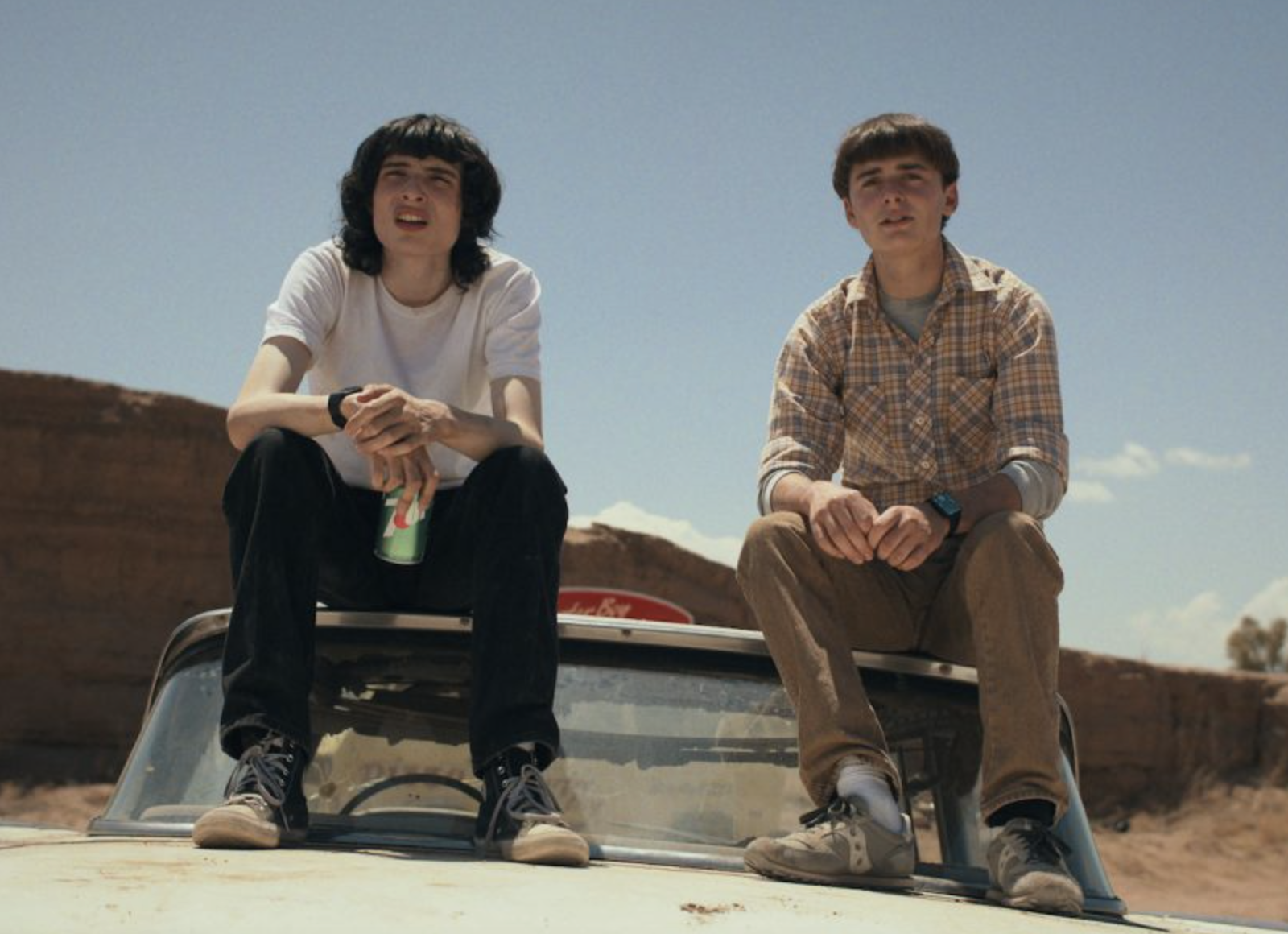
“I feel like they never really address it or blatantly say how Will is,” he said at the time. “I think that’s the beauty of it, that it’s just up to the audience’s interpretation, if it’s Will kind of just refusing to grow up and growing up slower than his friends, or if he is really gay.”
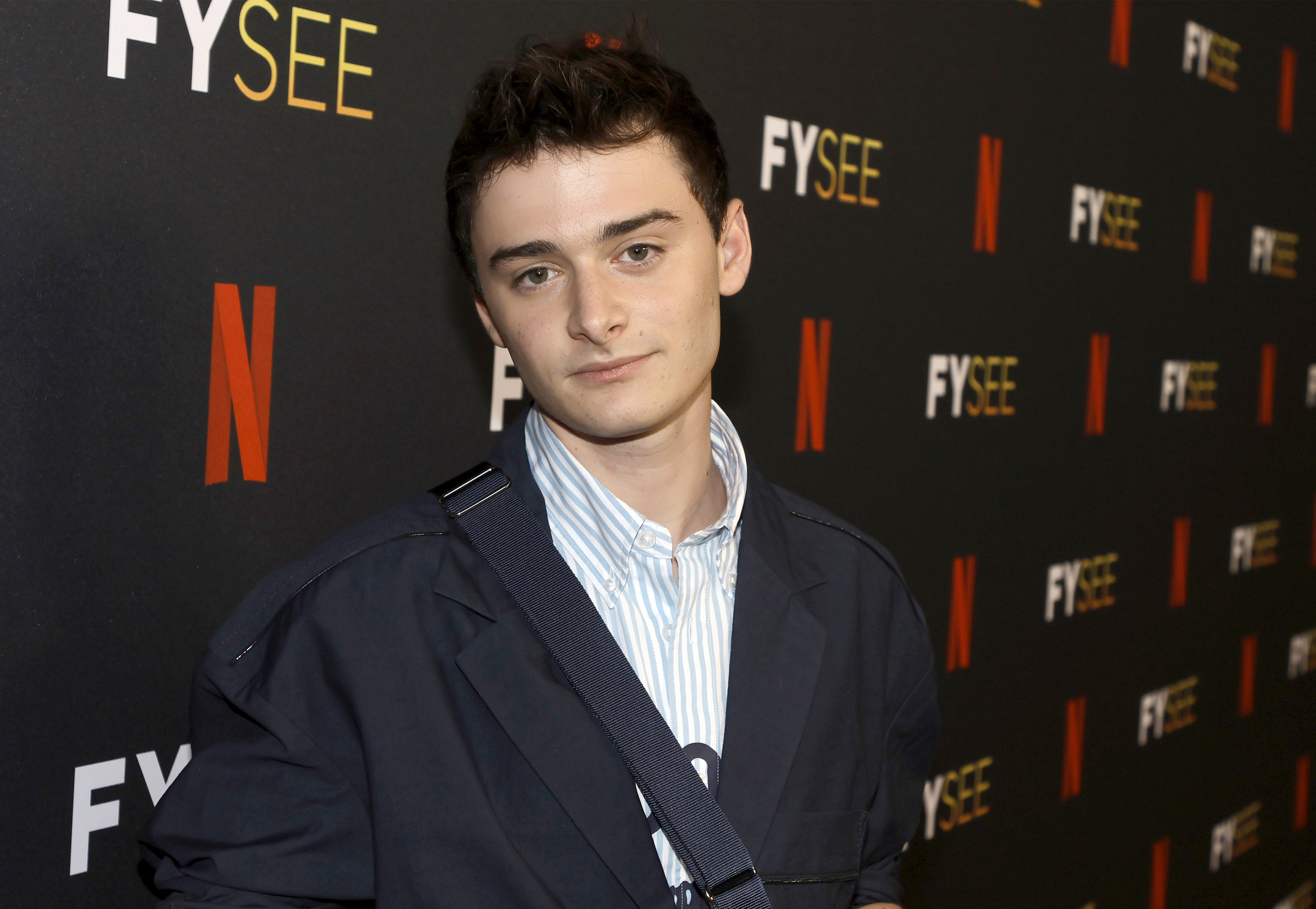
Millie Bobby Brown, who plays Eleven, added in the interview: “Can I just say, it’s 2022 and we don’t have to label things.”
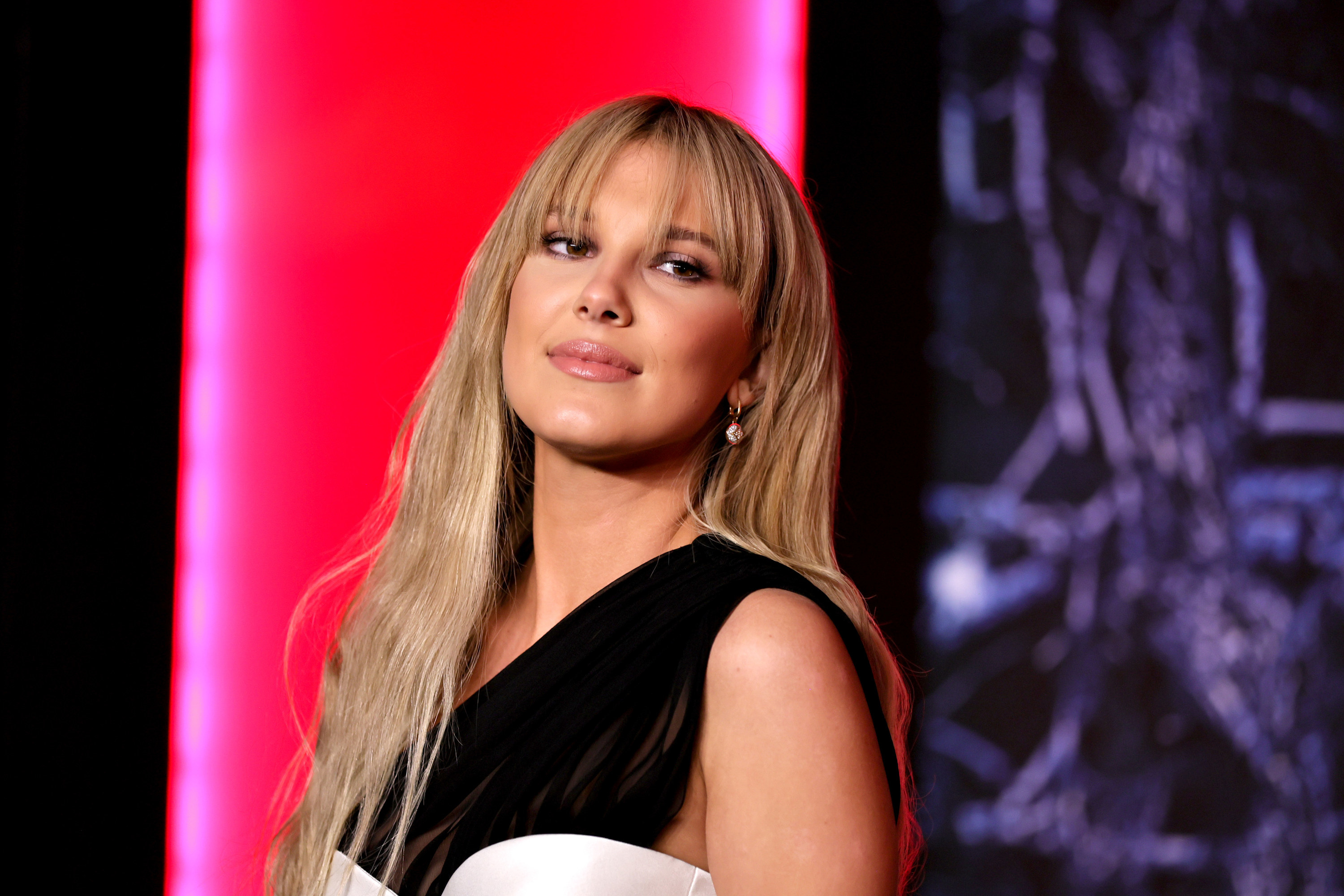
But just last week, Noah finally confirmed Will’s sexuality in an interview with Variety.
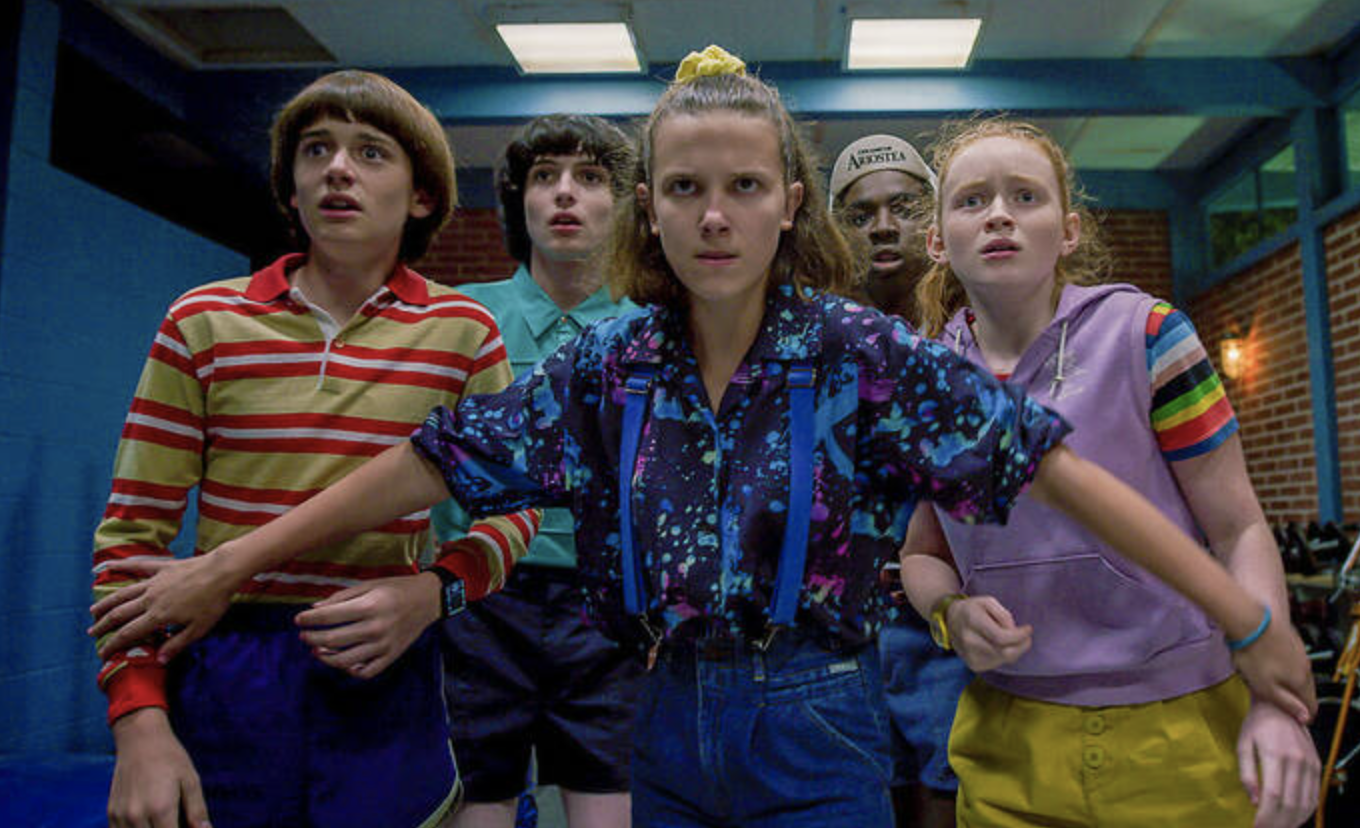
“It was always kind of there, but you never really knew, is it just him growing up slower than his friends?” he told the publication. “Now that he’s gotten older, they made it a very real, obvious thing.”
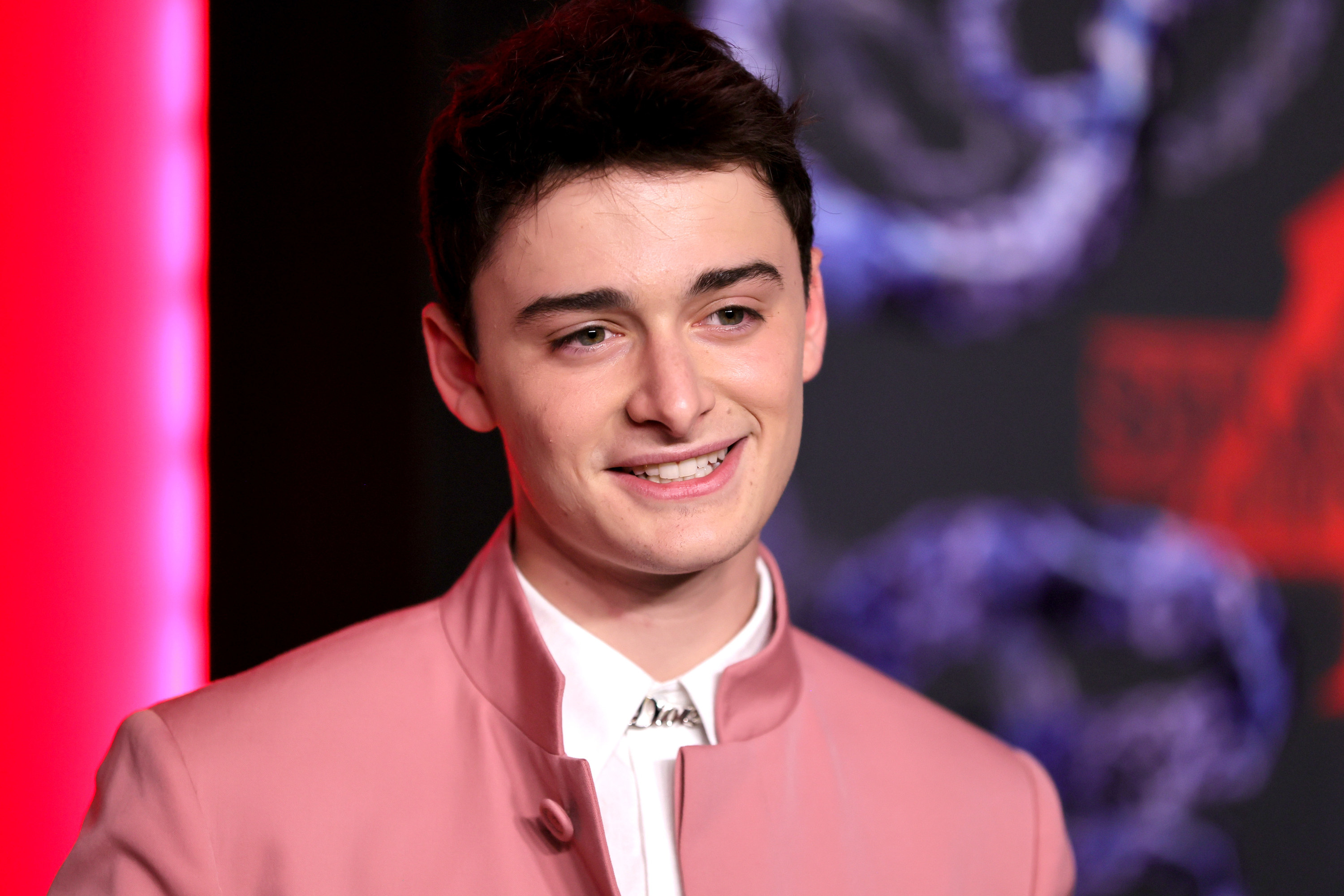
Noah went on to add: “Now it’s 100% clear that he is gay and he does love Mike. But before, it was a slow arc. I think it is done so beautifully, because it’s so easy to make a character just like all of a sudden be gay.”
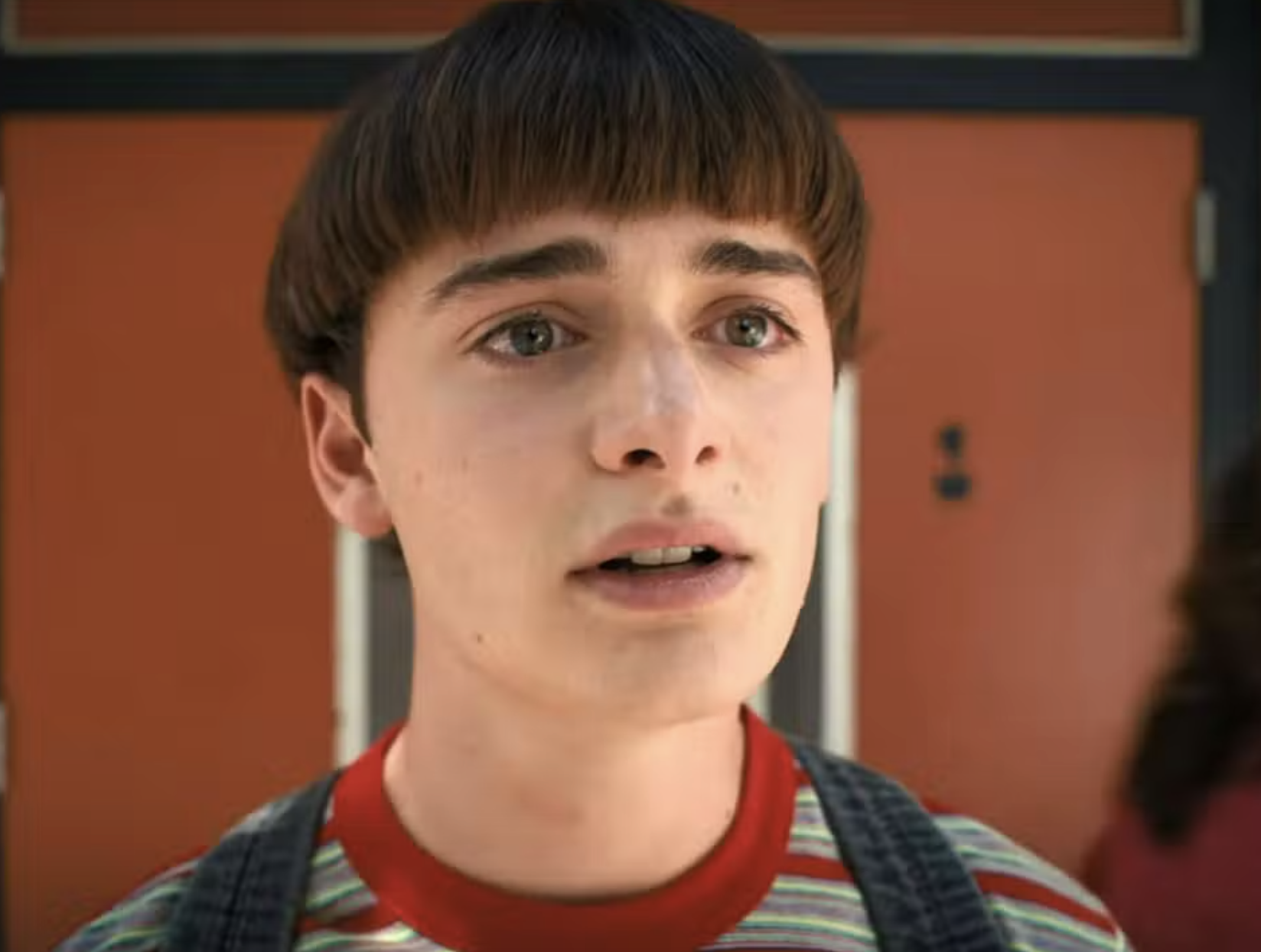
He also said that he’d been approached by older Stranger Things fans who felt represented by Will’s journey. “I was just in Paris and this, like, 40-year-old man came up to me and he was like, ‘Wow, this Will character made me feel so good. And I related to it so much. That is exactly who I was when I was a kid.’ That just made me so happy to hear,” he shared.
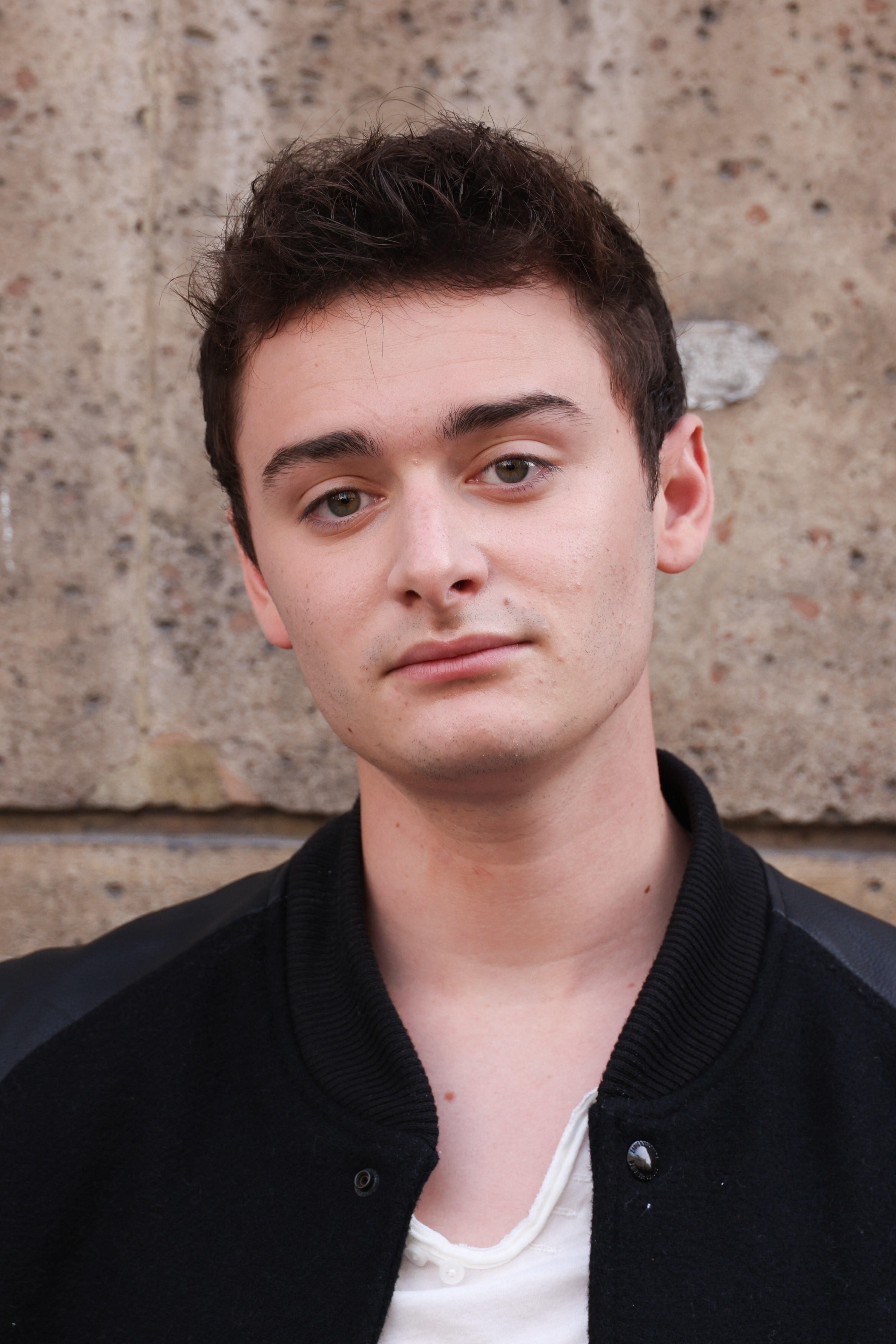
“They are writing this real character and this real journey and real struggle and they’re doing it so well,” he continued.
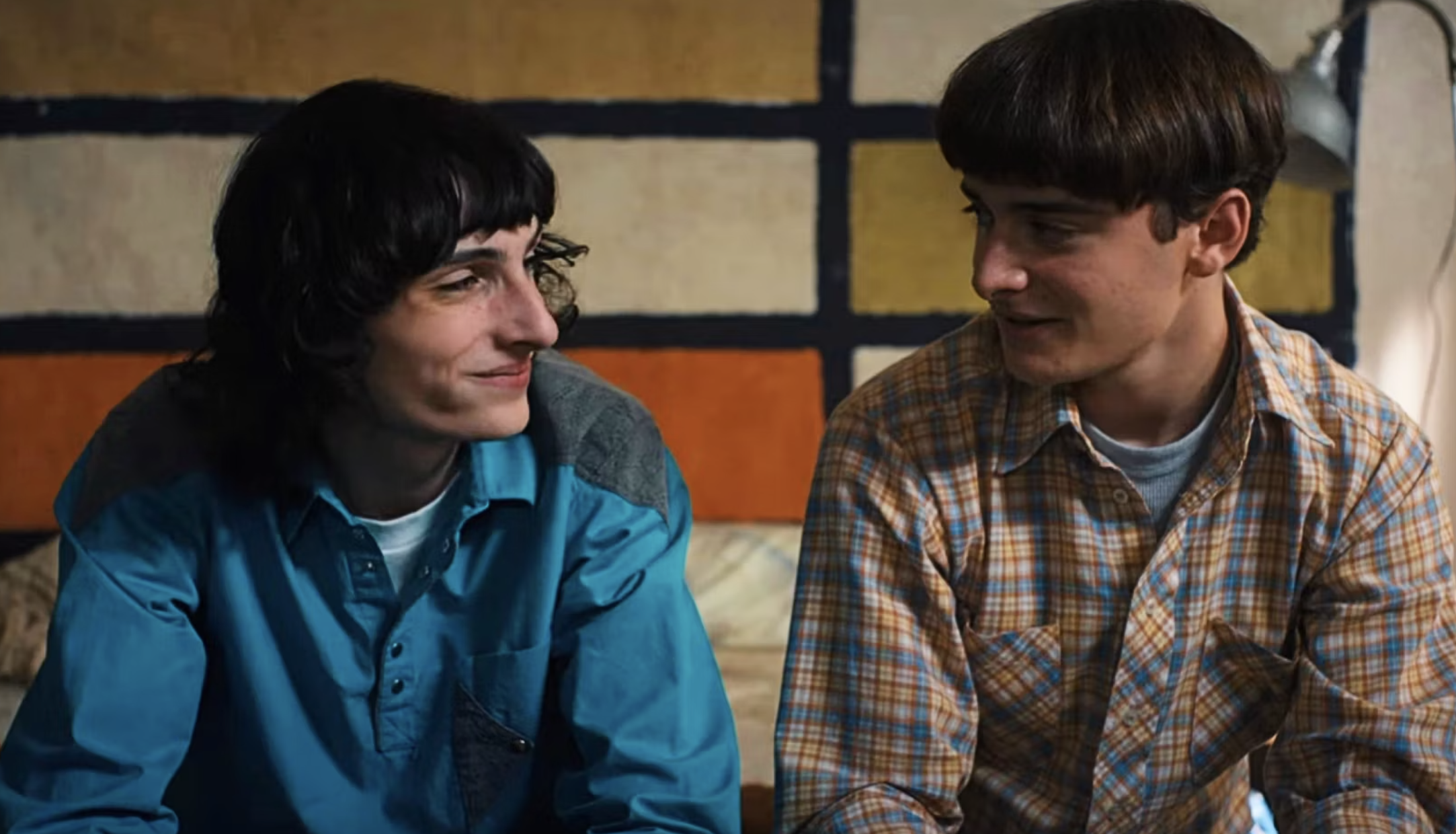
But the Duffer brothers’ decision to not explicitly address Will’s sexuality in the series has sparked debate — with some accusing the show of “queerbaiting.”
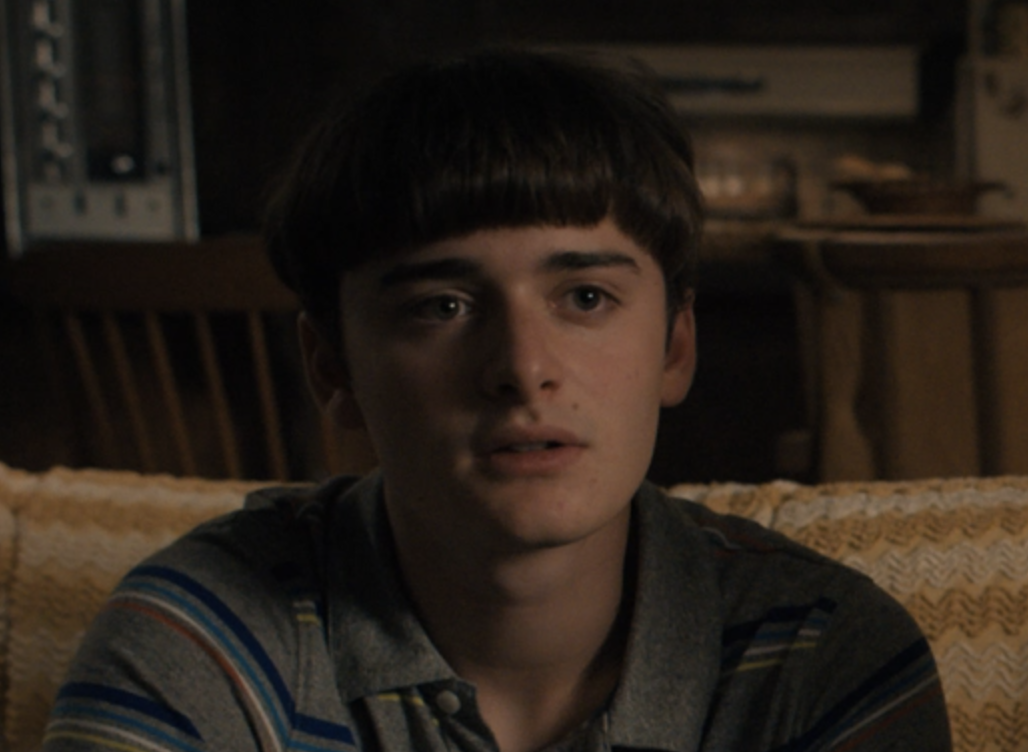
Queerbaiting is when LGBTQ+ characters are hinted at in TV shows and other forms of media, without any actual representation of their romances.
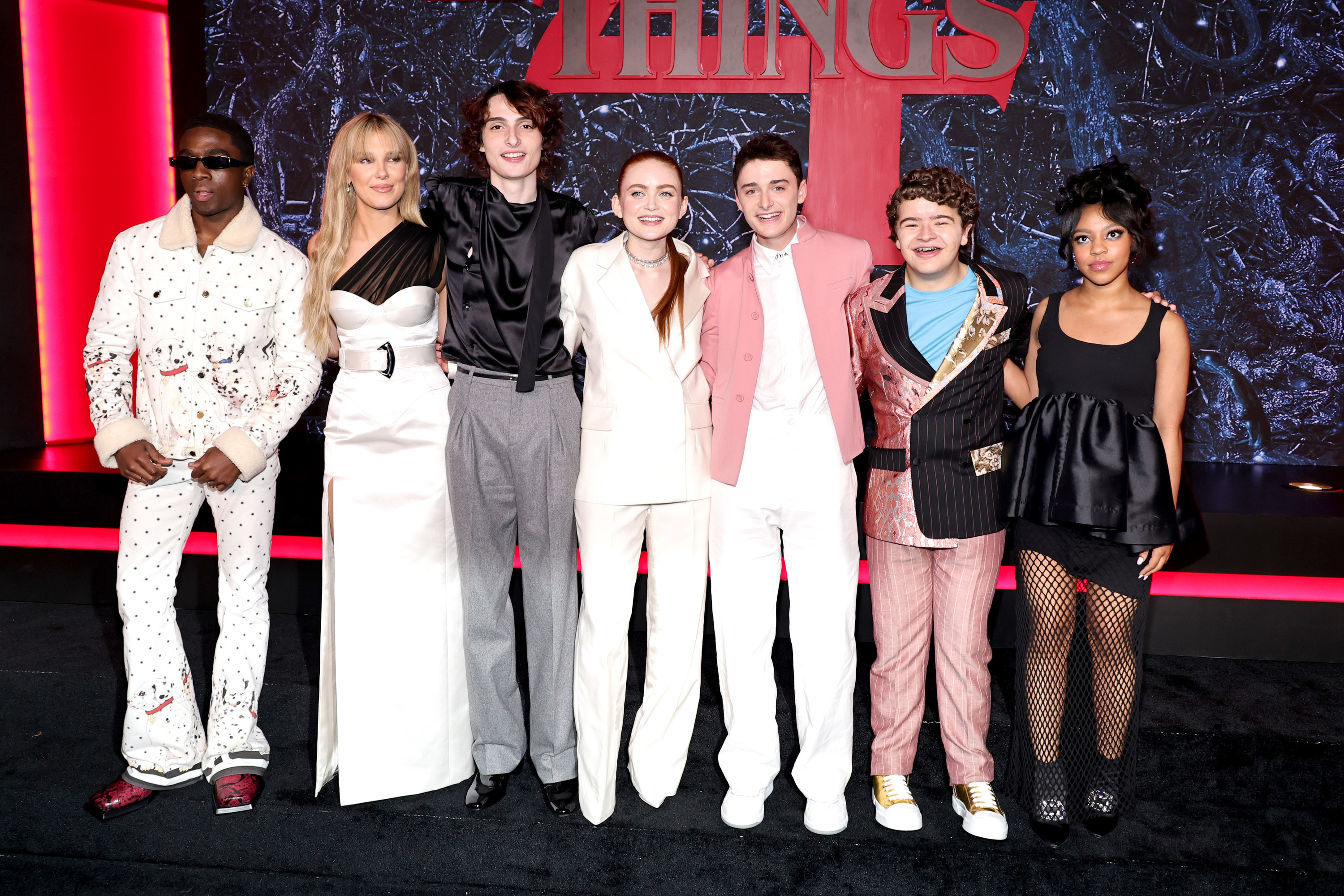
Last week, journalist Eleanor Noyce wrote an article for the Independent with the headline: “I Love Stranger Things, but I Feel Queerbaited by Will’s Storyline.”

“Implicit hints regarding a character’s identity aren’t just disappointing, they’re cowardly,” she writes in the piece. “Queerbaiting isn’t a fun way to stir up the fangirls; it plays with peoples’ lives, with both their true identities and how LGBT+ characters are represented on screen, and it’s lazy writing, too.”
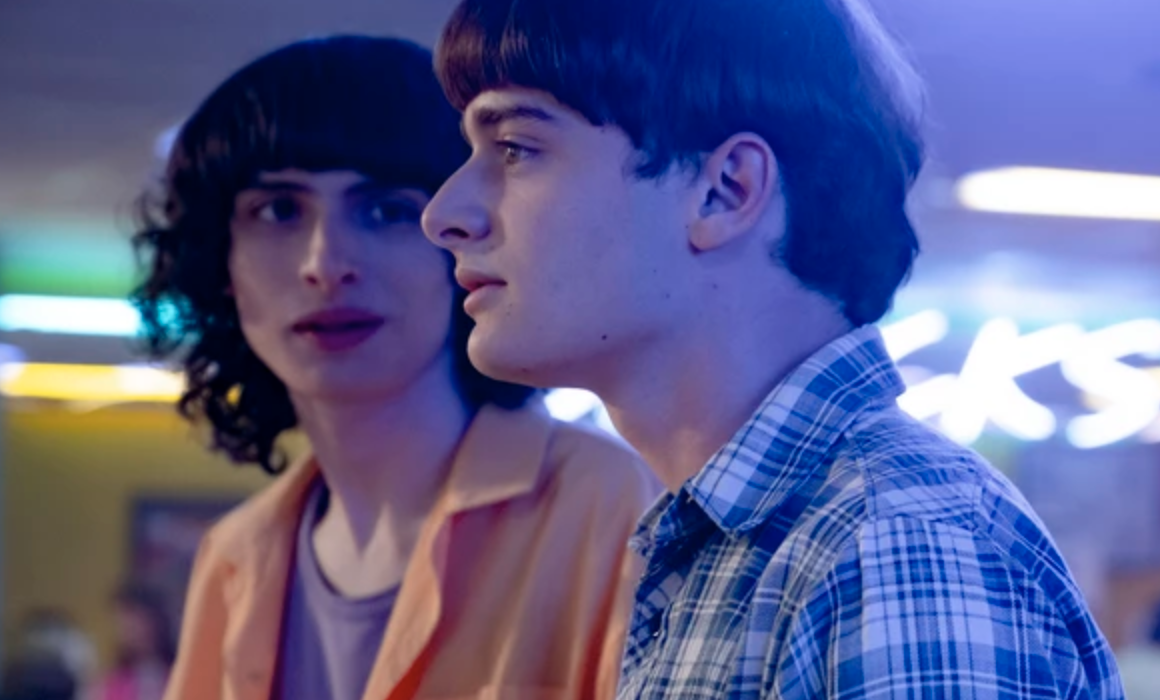
“Whilst coming out scenes aren’t everything and they’re arguably overdone, these stories provide crucial, life-saving representation. LGBT+ people really want to be working towards a world where no one needs to come out — but we’re not there yet,” Noyce adds.
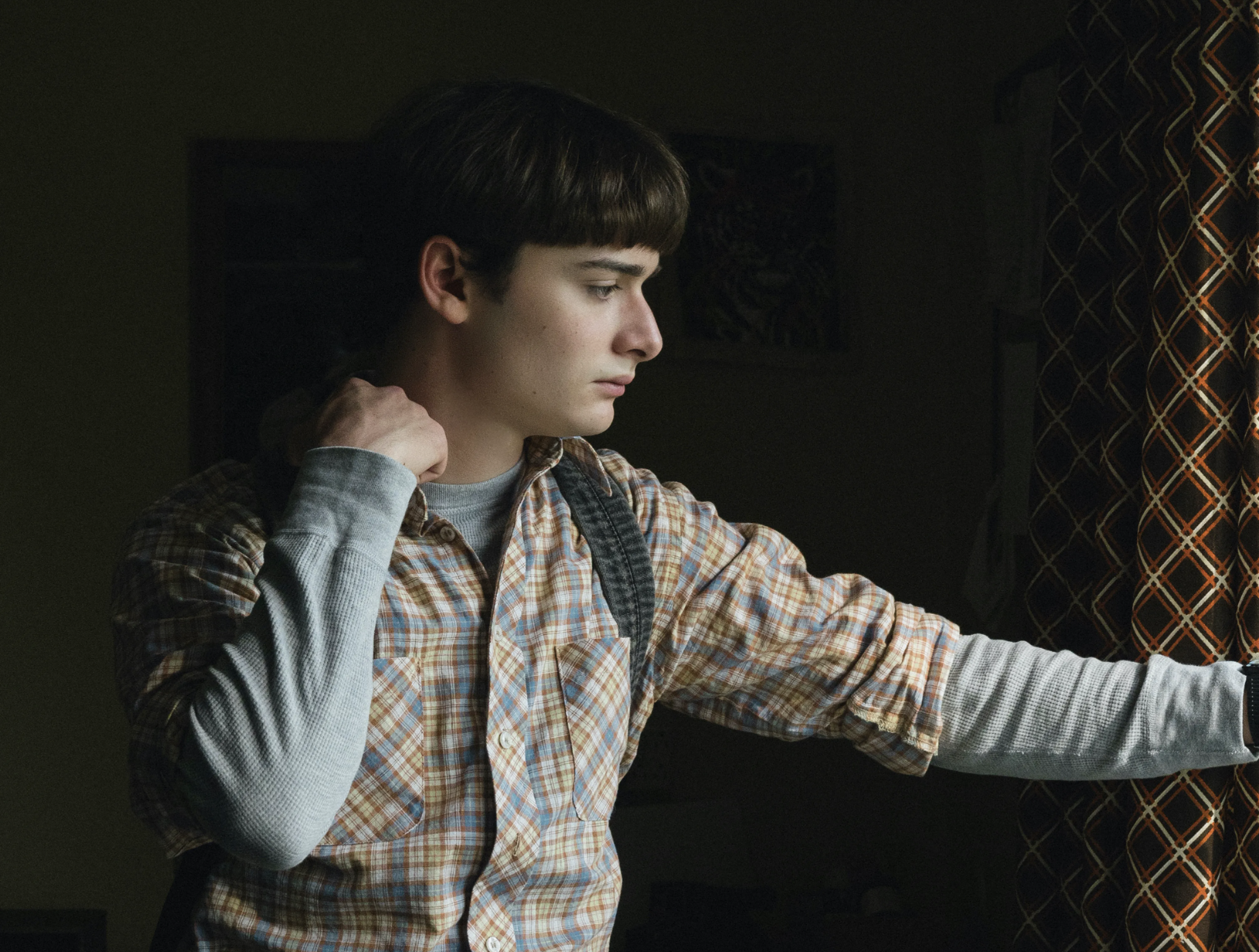
And others have shared their similar mindset on social media, with one person retweeting Noah’s comments about the “beauty” of Will’s sexuality being how open to interpretation it is and adding: “Only straight ppl would think it's beautiful to never acknowledge gayness.”
only straight ppl would think it's beautiful to never acknowledge gayness. https://t.co/gp2Iuo3A62
Someone else wrote: “Leaving such identities unexplored and open to such interpretation is not the masterstroke they think it is.”
leaving such identities unexplored and open to such interpretation is not the masterstroke they think it is https://t.co/4sm5NieVJi
One more tweeted: "Stranger Things had the opportunity to make an insane amount of progress for lgbtq+ representation in mainstream media, and yet it chose to queerbait its audience like everyone else. When will queer representation be taken as seriously as straight representation?”
stranger things had the opportunity to make an insane amount of progress for lgbtq+ representation in mainstream media, and yet it chose to queerbait its audience like everyone else when will queer representation be taken as seriously as straight representation? #StrangerThings4
But others have leaped to the show’s defense, pointing out that it is set in rural Indiana in the 1980s — when coming out as gay could be incredibly dangerous.
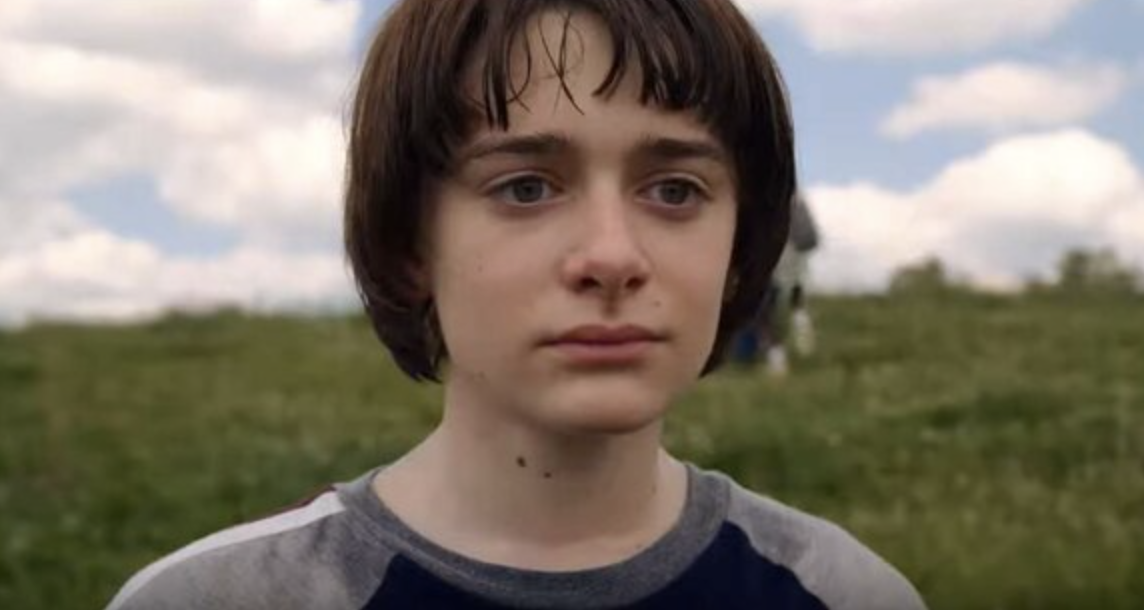
Discussing the topic on Reddit, one fan wrote: “People forget that people were getting beaten to death and disowned for being openly gay in the 80’s. It’s not as accepted as it is today.”

Another agreed: “Homophobia was rather rampant in the 80s and before that. The AIDS epidemic was in full swing and it was looked at as a GAY DISEASE. It is not queer-baiting to have a mid-teen aged boy not disclose his sexuality.”
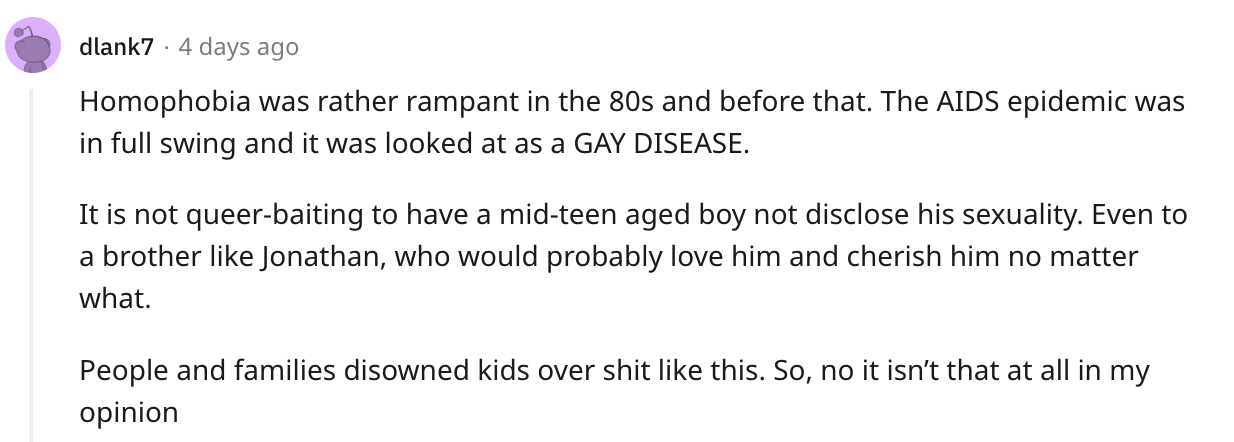
“I’m gay, and I was born a few years after Will,” a third person wrote. “His experiences and emotions are almost exactly like mine. I would far rather a drama set in the past took a realistic view of what it meant to be gay than an idealised ‘modern’ view.”

Another gay man who grew up in the ’80s agreed, explaining: “Will's story is authentically 80s gay. For those of you not born yet, the storytelling of Will is very much what and how isolating it was, and how much of a struggle it was to accept being your authentic self. The amount of times I cried and hid who I was makes Will look like a damn role model.”
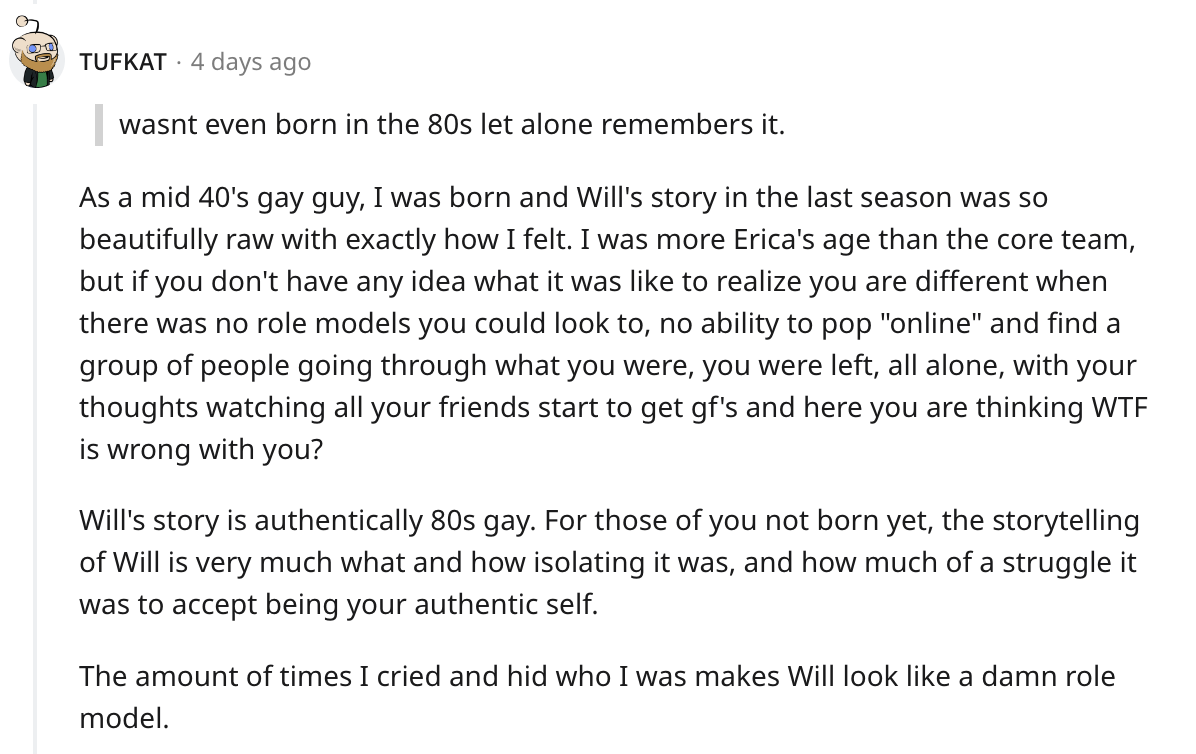
“I’ve said this before - I’m lesbian, class of 1987,” one more redditor wrote. “In the 80s being gay was not like it is now - the AIDS epidemic was a huge deal, there were very few gay characters or role models to look up to, and many more people were closeted.”
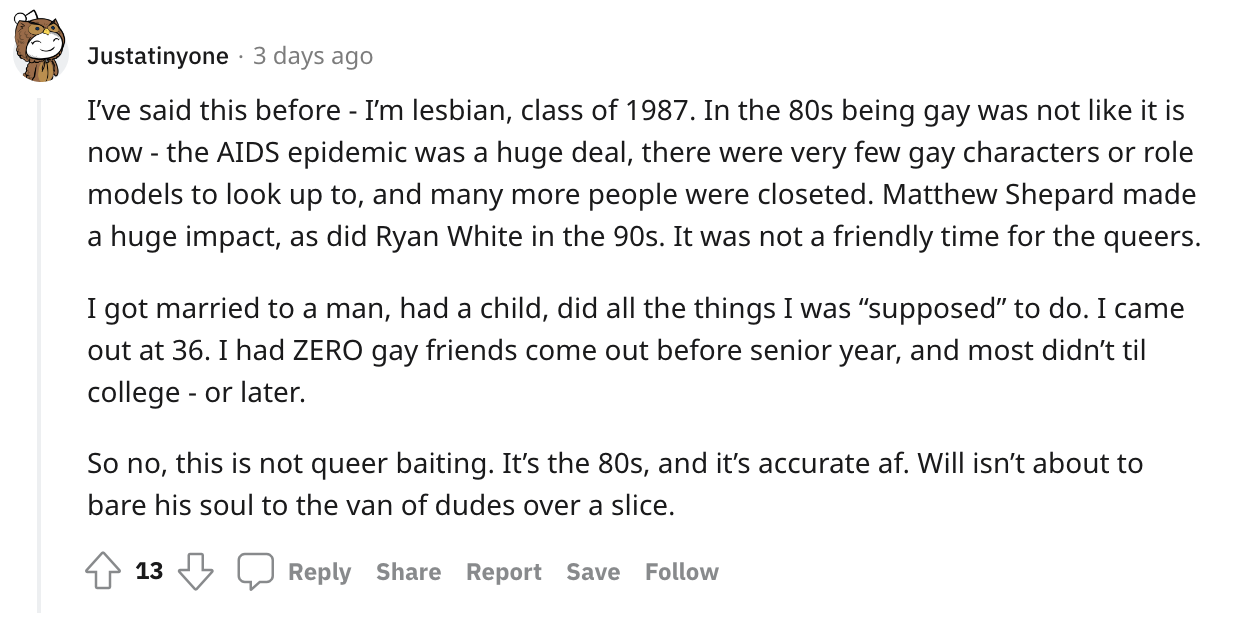
“I’m so sick of this argument. This show is not queerbaiting. He’s a 15 year old kid in the 80s, from a small town in Indiana who is struggling with coming to terms with his sexuality. To me his storyline feels extremely true to life,” someone else echoed.

Another pointed out: “This is also the time when homophobia was on the rise because of AIDS so for him to even think he was gay was scary let alone come out.”

“People somehow expect a 2020 Social Lens on things taking place in the 1980s,” someone else wrote. “Will has no idea what to feel. He has an abusive father whose called him queer since he was young because he was ‘sensitive.’ His friends have no concept of what gay is or what it means, and in-world most everyone is so preoccupied by surviving the Upside Down they (and Will himself) have no chance to process Wills own sexuality.”
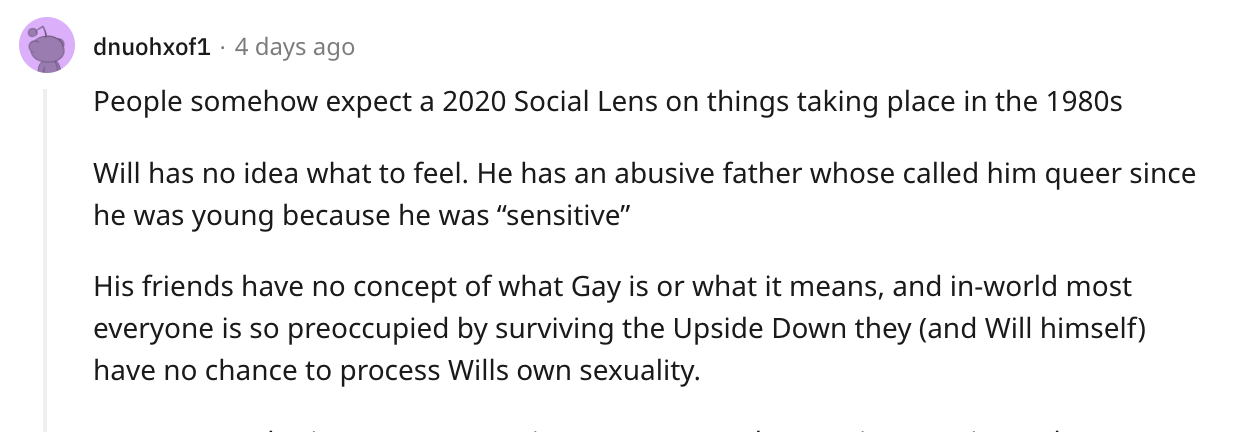
“Even if this wasn’t in the 80s it’s ok for a 14 or 15 year old boy to not completely understand his sexuality,” one more concluded.

While Will’s sexuality has not been directly addressed on the show, Maya Hawke’s character, Robin, came out as a lesbian in Season 3, while under the effects of truth serum.
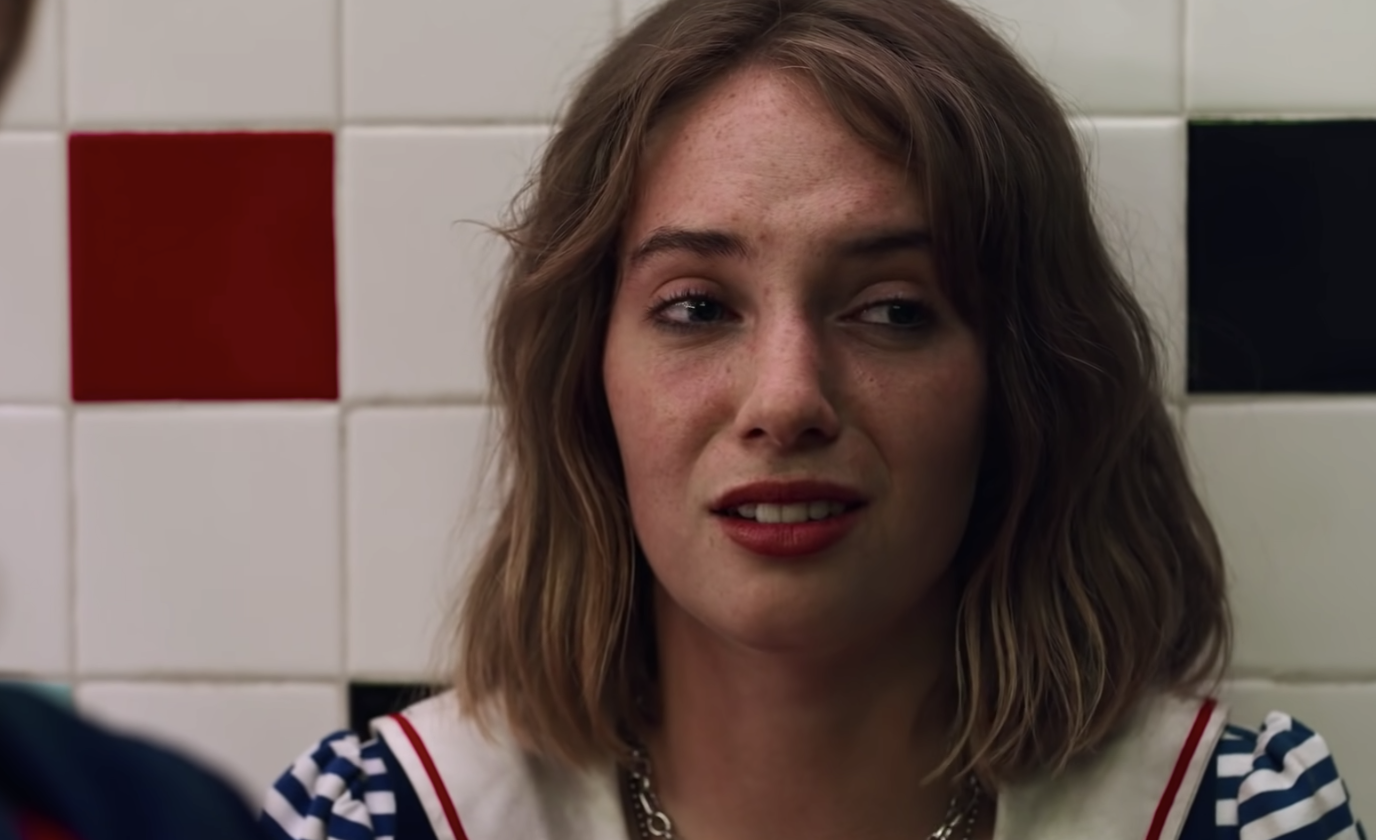
In the poignant scene, Robin told Steve that she is not interested in him romantically because she’s actually attracted to their female classmate.
